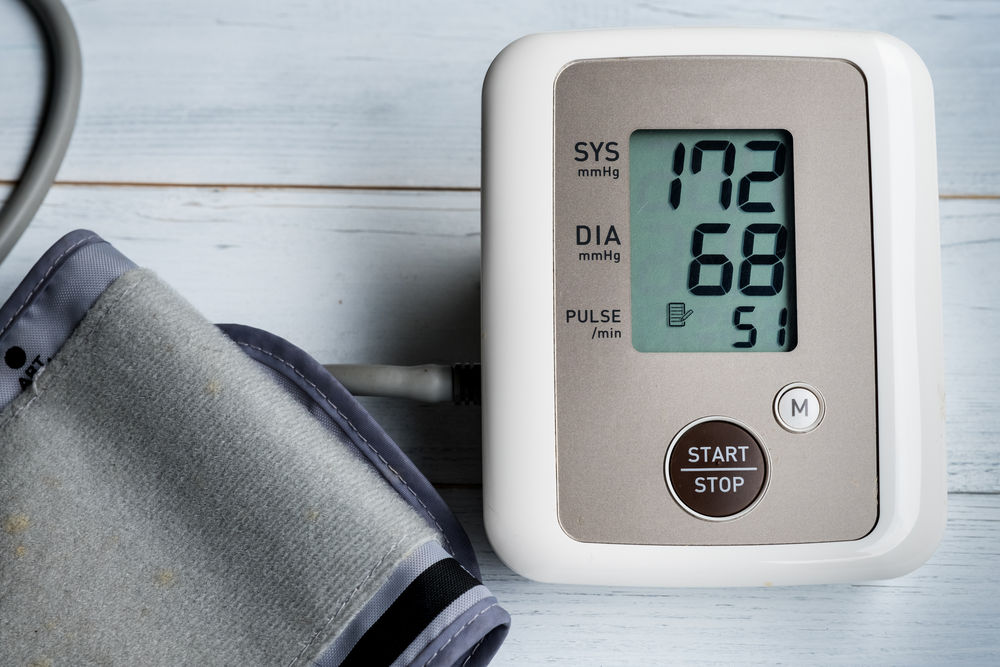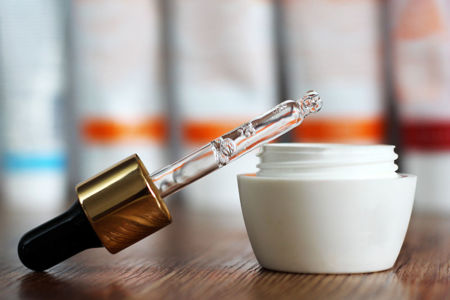High blood pressure is a condition where your blood pressure increases above the normal range (1).
Blood pressure is defined as the amount of blood that passes through your blood vessels while the heart pumps (1). You are susceptible to high blood pressure if your veins are smaller as the blood is unable to flow through the blood vessel. Over time, increased blood pressure can cause heart disease.
Early detection of the symptoms is important. The treatment of high blood pressure requires both medication and lifestyle changes.
What Are the Symptoms of High Blood Pressure?
High blood pressure is known as a silent killer. Most people will not experience the same symptoms.
The symptoms may include:
• Headaches
• Chest pain
• Nosebleeds
• Shortness of breath
• Dizziness
If symptoms persist, the best way to do is to have a regular check-up or consultation.
Understanding Blood Pressure Readings
A blood pressure device shows two readings, top, and bottom numbers.
Top number (systolic pressure): The reading indicates the pressure in your arteries when your heart beats and pumps out blood.
Bottom number (diastolic pressure): The reading indicates the pressure in your arteries between the heartbeats. A healthy reading for blood pressure is less than 120/80 millimeters of mercury (mmHg).
Treatment for High Blood Pressure
Primary high blood pressure treatment
Lifestyle changes can help to reduce the symptoms of high blood pressure. Quitting smoking and exercising regularly will help to lower the chances of having high blood pressure. If high blood pressure is not treated even after a change in lifestyle, it is recommended to see a physician for medications.
Secondary high blood pressure treatment
When the primary treatment becomes less effective over time, your physician will be able to recognize the underlying causes, and the following treatments should concentrate on the cause. The treatment plan for patients with high blood pressure is always changing because what worked at first may not work for a long time.
Medication for High Blood Pressure
Some of the medications used to treat high blood pressure include:
Beta-blockers: Beta-blockers can make your heart beat slower, thus reducing the force. As a result, a lesser amount of blood is pumped through the arteries which will result in lower blood pressure. It can also block other hormones that can raise your blood pressure (1).
ACE inhibitors: ACE is known as angiotensin-converting enzyme – it acts as an inhibitor that prevents our body from producing more angiotensin. Angiotensin is a chemical that causes blood vessels to become narrow. The ACE inhibitor will help the blood vessel to relax and thus, lowering blood pressure (1).
Diuretics: Excess sodium in the body can cause high blood pressure. Diuretics are the substance that can help your kidney to remove excess sodium out from your body (1).
Other Tips That Can Control Your Blood Pressure Includes:
Practicing a healthy diet – consume more fruits and vegetables, whole grains and lean proteins such as fish.
Increasing physical activity – stay physically active. Aim a minimum of 30 minutes of physical activity a day.
Managing stress – try to control your stress. Methods that can help to release stress are meditation, massage, and yoga.
Reference:
1. Cardarelli, R. (2006). High blood pressure (hypertension). In Essential Family Medicine: Fundamentals and Case Studies, Third Edition. https://doi.org/10.1016/B978-1-4160-2377-7.50040-9















![[BUNDLE OF 2] Singlion Vitamin C + Lutein + Zinc Effervescent](https://www.vitasg.sg/images/thumbs/0002225_bundle-of-2-singlion-vitamin-c-lutein-zinc-effervescent_415.jpeg)




